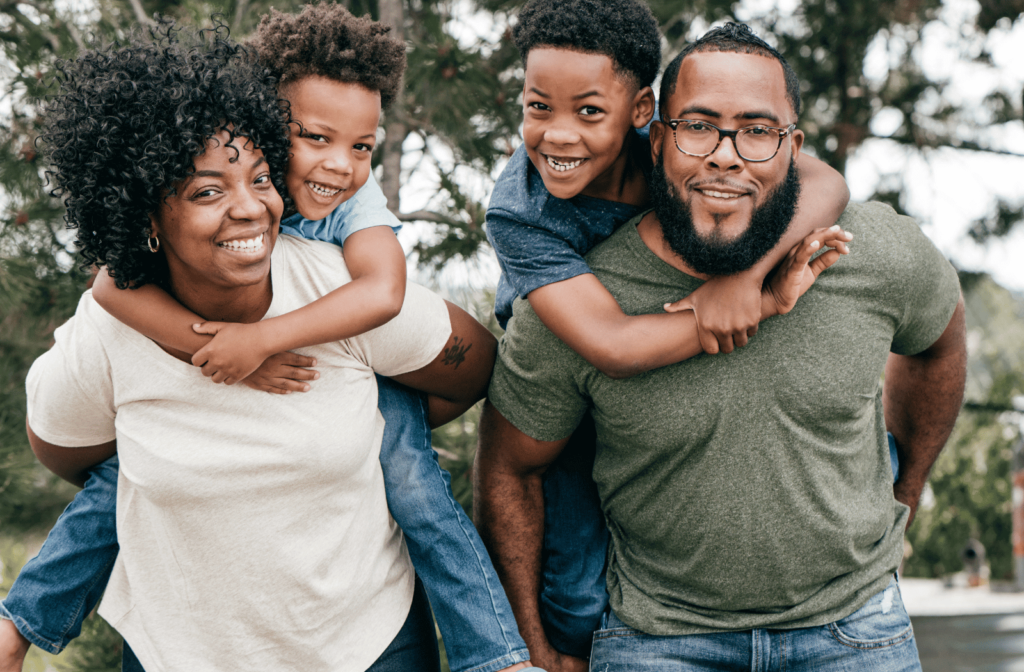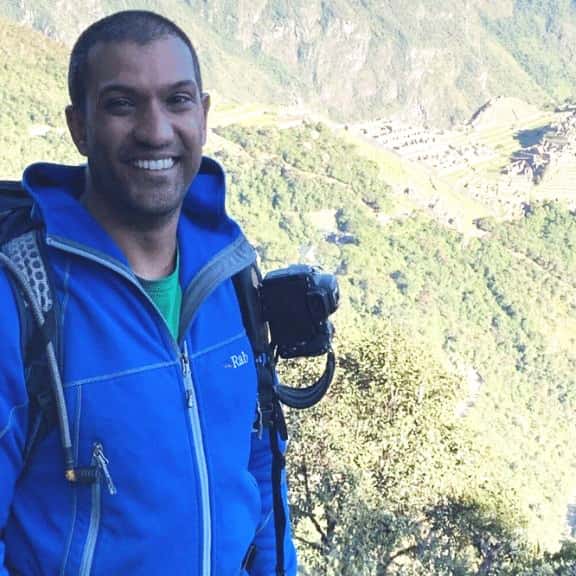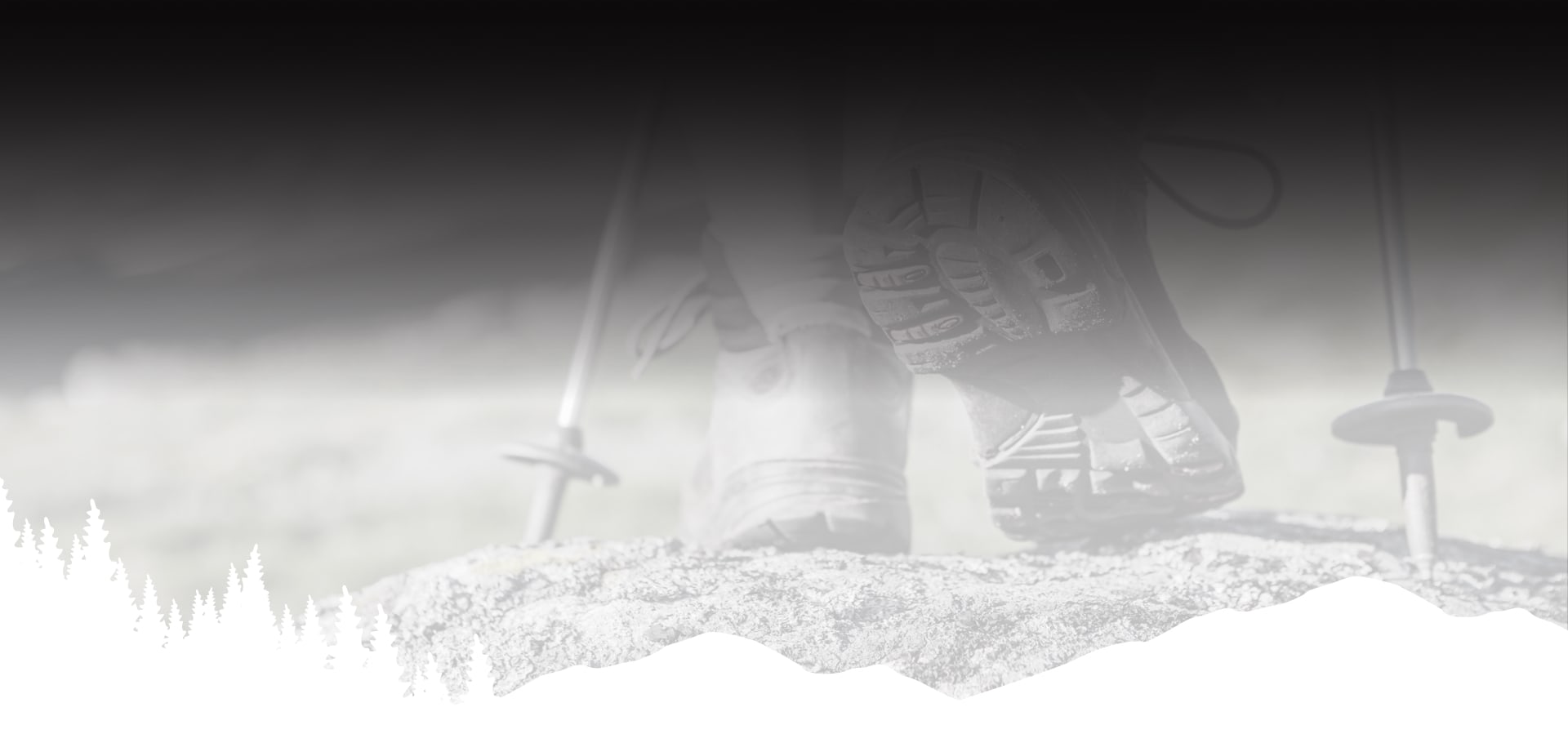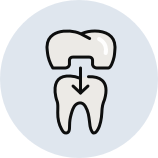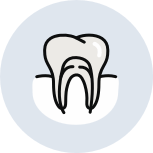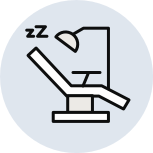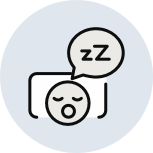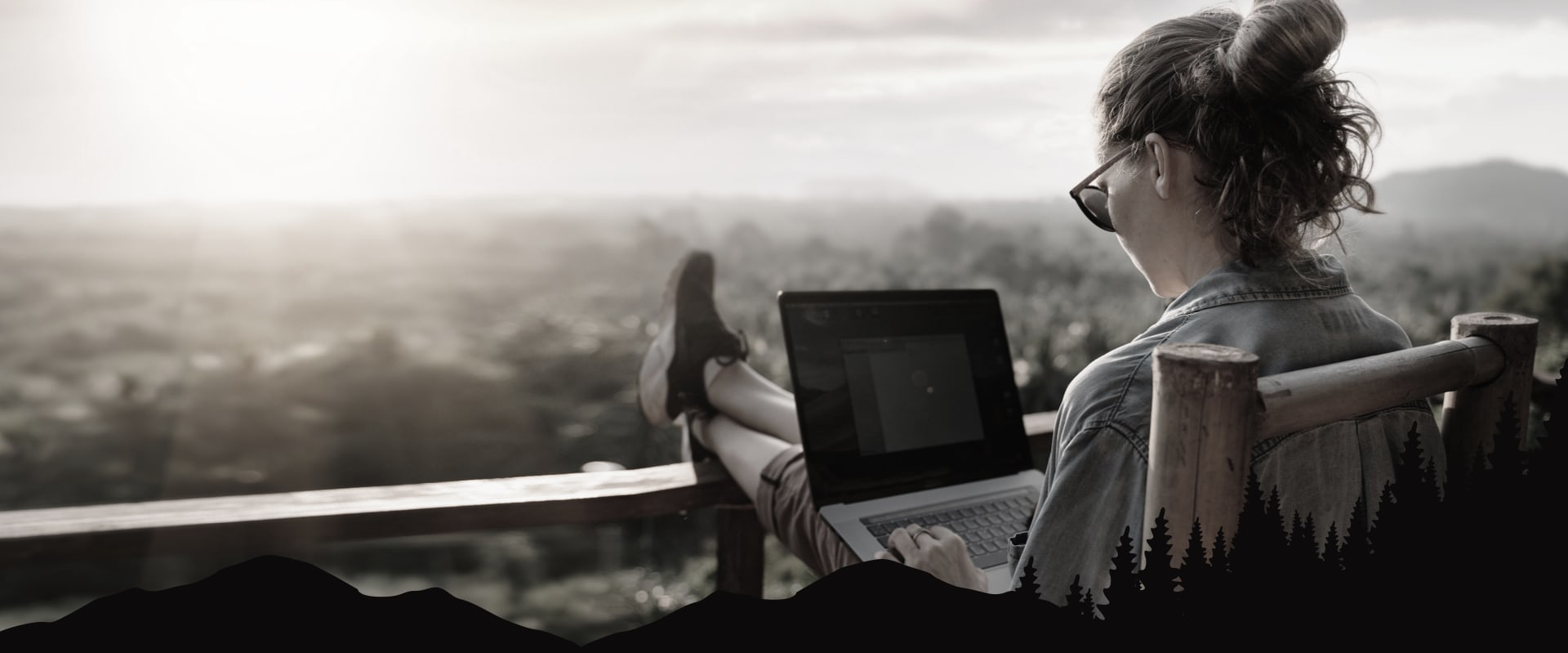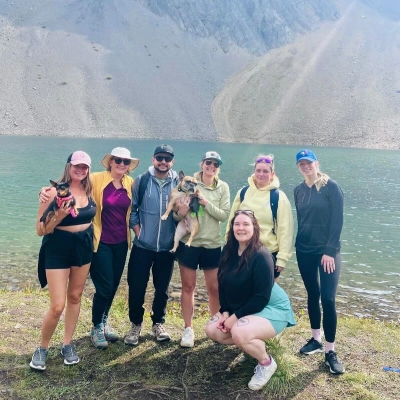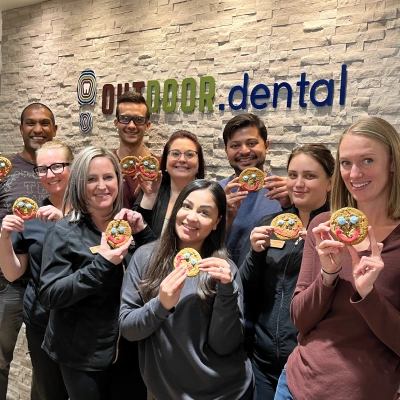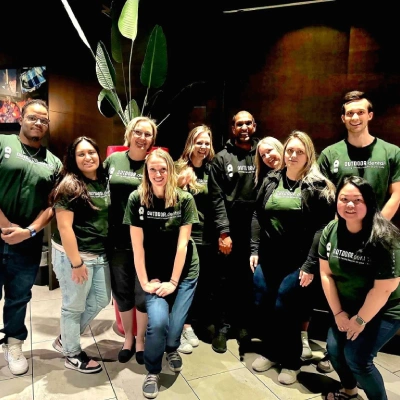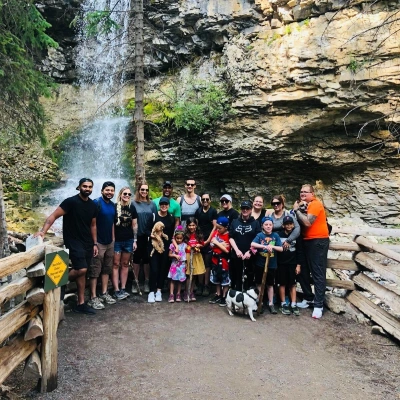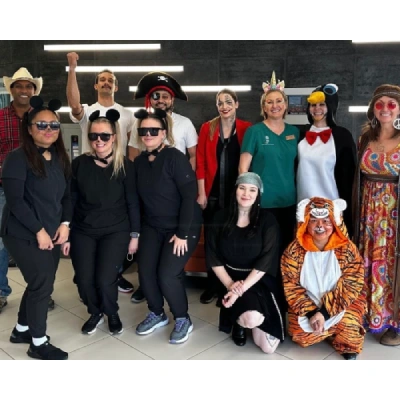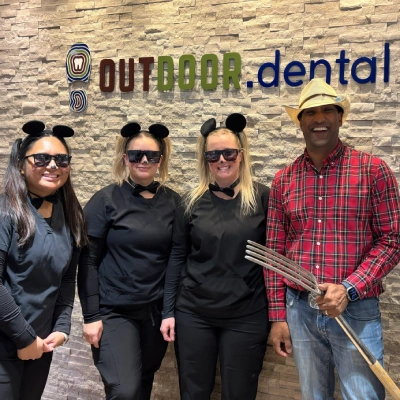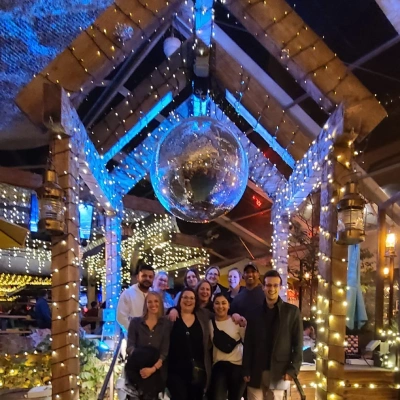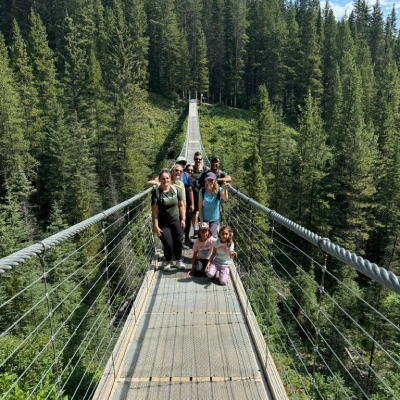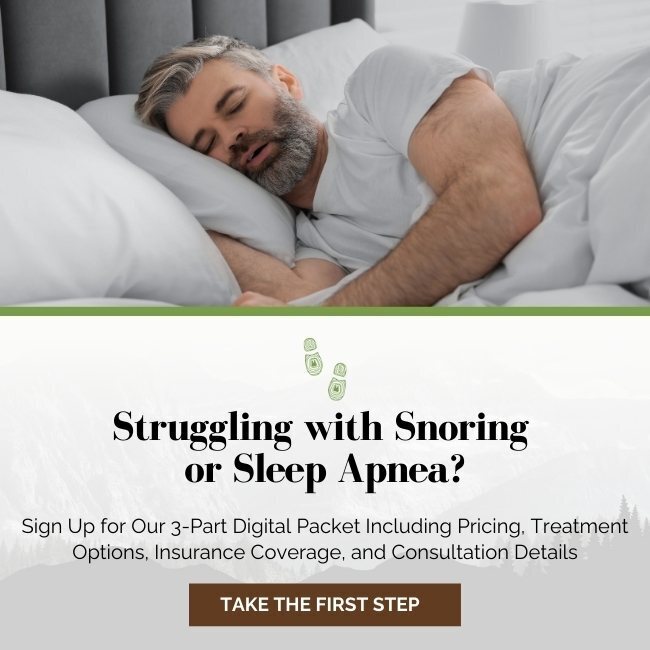Is Sleep Apnea Hereditary?
Sleep Apnea is a disruptive sleep disorder. It can become potentially dangerous because breathing repeatedly starts and stops throughout the sleep cycle.
You may be related to someone who has sleep apnea. While it’s not proven that sleep apnea is a hereditary condition, Genetic factors can increase your likelihood. People who have a close relative with obstructive sleep apnea (OSA) are 40% more at-risk to develop the same condition.
Three main types of sleep apnea have different effects on the body. Depending on which condition you may be suffering from, there could be genetic links that have increased your risk for sleep apnea. By understanding your situation, you and your dentist can better assess the risk factors contributing to your condition.
What Are the Types of Sleep Apnea?
Many researchers have found genetic factors linked to obstructive sleep apnea. While this type of sleep apnea is more common, other types of this condition can also affect people.
Obstructive Sleep Apnea
Obstructive Sleep Apnea (OSA), the most common form of sleep apnea, causes physical blockages in your airway. Your throat muscles become too relaxed and cause a blockage of airflow to your lungs.
Some underlying health issues could be linked to those with sleep apnea. In many cases, obesity is one of the main factors, as over 70% of patients who suffer from this form are obese.
Central Sleep Apnea
Central Sleep Apnea is less common for many patients. This type of sleep apnea occurs when your brain is not sending the proper and necessary signals to your breathing muscles.
Treatment-Emergent Sleep Apnea
Also known as Complex Sleep Apnea, it is quite rare and develops when you suffer from obstructive and central sleep apnea.
How Do I Know If I Have Sleep Apnea?
The signs of obstructive and central sleep apnea are very similar and often overlap. This can make it challenging to figure out which condition or form of sleep apnea you suffer from.
Certain symptoms could be caused by sleep apnea, including:
- Snoring (while this is the most common symptom, you could still suffer from sleep apnea without snoring)
- Waking up with a headache
- Having trouble staying asleep
- Waking up with a dry mouth
- Gasping for air during sleep
- Irritability
- While awake, having difficulty paying attention and memory loss
Your doctor or dentist can better understand your condition by running a series of tests. These tests will determine where the issues are coming from and what areas of your body need assistance.
What Happens If I Don’t Treat Sleep Apnea?
Sleep apnea is a very serious condition. It not only disrupts your sleep and your day, but it can also lead to other serious health issues if left untreated. You could be at higher risk for such other health complications as:
- Depression
- Stroke
- High blood pressure
- Heart attack
- Type 2 diabetes
If you start developing sleep apnea symptoms, it is important to carefully note your symptoms so that you can let your doctor or dentist know at your appointment.
What Causes Sleep Apnea?
There have been studies that linked genetic factors with obstructive sleep apnea. In many cases, once this condition has developed, it will raise the risk of getting other serious health conditions, such as heart disease, high blood pressure or type 2 diabetes.
Some of the external factors that can cause you to have sleep apnea include:
- Weight
- Aging
- Gender (females are more likely to be at risk for this condition during menopause)
- Smoking
- Nasal congestion
Other environmental and external factors can contribute to sleep apnea as well, like environmental pollution or allergies.
The cause of your sleep apnea will also depend on which type of sleep apnea you may be suffering from. This is why it’s essential to consult with your dentist or doctor before treatment—so you can fully understand what is going on with your body.
Find Treatment for Sleep Apnea Symptoms Today
Once a doctor or dentist has assessed your situation, there are several ways sleep apnea can be treated. Sometimes, lifestyle changes can really make an impact and change your sleep apnea, along with prescribed treatments.
At Outdoor Dental, we offer sleep apnea solutions like VivosⓇ dental sleep appliances and Solea Sleep.Your health is important to us. The dentists at Outdoor Dental are here to assess your condition. If you think you may have sleep apnea, book your appointment today so we can help you through your experience. We look forward to seeing you!

